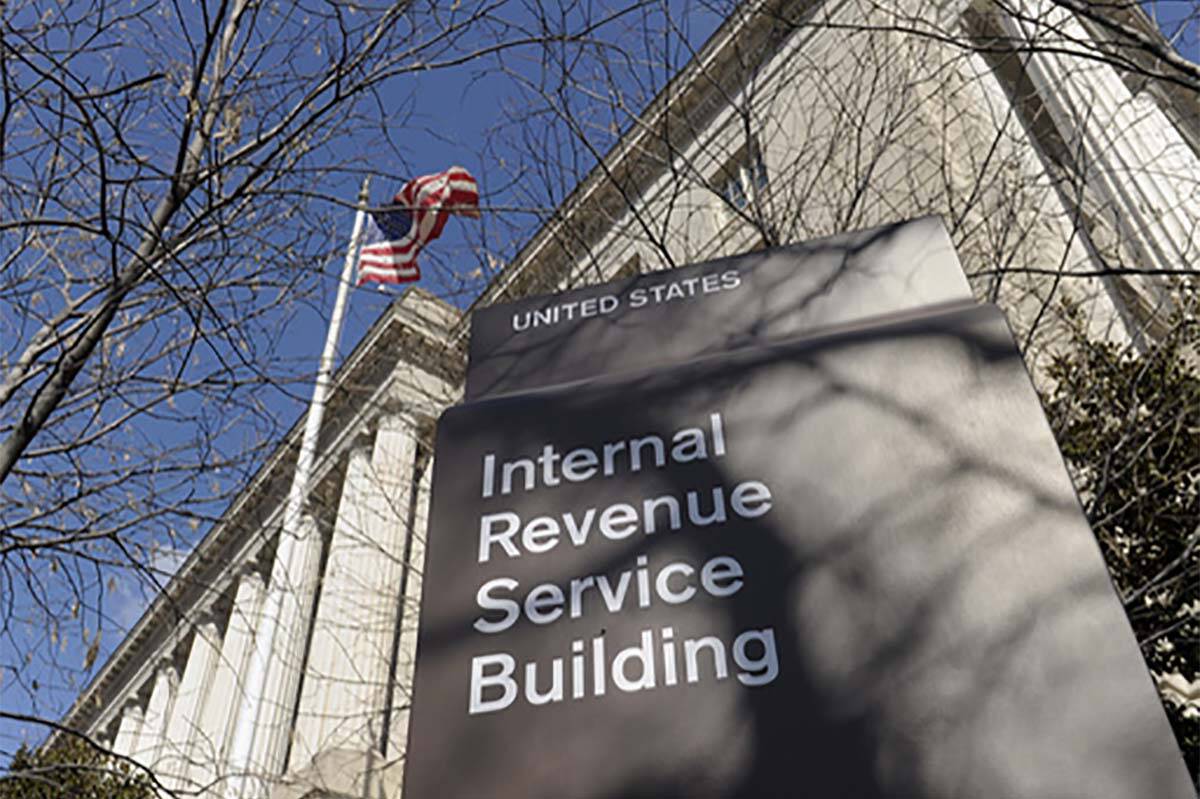EDITORIAL: The IRS’s bizarre focus on low-income taxpayers
Last year, the IRS targeted the lowest-income taxpayers for the most audits. No, that doesn’t make any sense.
The Transactional Records Access Clearinghouse at Syracuse University recently looked at whom the IRS is auditing. In 2021, the IRS audited 659,000 returns out of 160 million, according to the clearinghouse. That’s just 0.4 percent of returns. That’s actually a bit higher than in 2020, when it was 3 in 1,000.
One would think that it would be more efficient for the IRS to emphasize a review of higher-earning taxpayers. Those returns provide the most obvious bang for the buck.
But the IRS focused much of its efforts on taxpayers reporting less than $25,000 in wages. In 2021, the clearinghouse found those filers were five times as likely to be audited as other taxpayers.
Yes, some low-income earners fudge their returns, just like some wealthy filers do. But logic dictates that an agency with limited resources pay more attention to the latter.
The agency conducted 307,000 audits of the lowest-income earners, compared with 352,000 audits of people in all other income brackets. That works out to a mere 39,500 audits of people with taxable incomes between $200,000 and $1 million per year. In other words, 13 out of every 1,000 returns for the lowest-income earners were audited. But for returns in the $200,000 to $1 million range, just 4.5 out of every 1,000 received an audit.
This approach would be odd even if the IRS were fully staffed. But according to The Washington Post, the agency has lost nearly 20,000 employees since 2010. Close to a quarter of its 74,000-member workforce is eligible for retirement, and agency leaders predict another 5,600 will leave this year.
The IRS began the current tax season with more than 20 million unprocessed paper returns, but the division that opens and transcribes those returns lost roughly 20 percent of its staff last year. As the Post explains, taxpayer advocates and members of Congress have been pushing for the agency to clear the backlog, concerned about people who depend on tax credits and refunds to pay for essentials.
In an attempt to start this year’s tax season off on the right foot, the agency advertised for 5,000 new positions. These jobs involved answering phones and handling correspondence. Not enough people applied, however, so it hired fewer than 200 people. The agency still aims to hire 10,000 employees, but many of the new hires will require months of training. In the interim, employees work overtime supplemented by outside contractors.
The IRS has many problems. Some are beyond its control, but this isn’t. The IRS should stop acting like a bureaucracy and use more common sense.




























